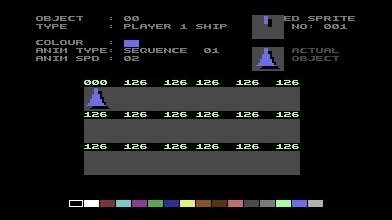Casual game-making through the years: an evolving, instructive joy
SEUCK it up.
When you were growing up, how often did you wish a game did something a little differently? I had that urge a ridiculous amount of times. To an extent, it was probably because I grew up with a Commodore 64 for a long time and those games were frequently delightful, yet also extremely limited compared to the options we have now. Throw in a lack of money and I was simply grateful for whatever came along, but that didn't stop me dreaming of how I wanted games to play out.
The dream was an RPG where you played a footballer working their way up to glory. I tried coding it in BASIC, mostly by writing it down in a notepad rather than actually sitting in front of the Commodore 64. Predictably, it was not a huge success, but I liked thinking it through. It was a similar case for many an adventure game, too. I think I realised at that young age that graphics weren't going to be my forte so I focused on storytelling and the text-based side of things. I just wanted to make something. Anything.
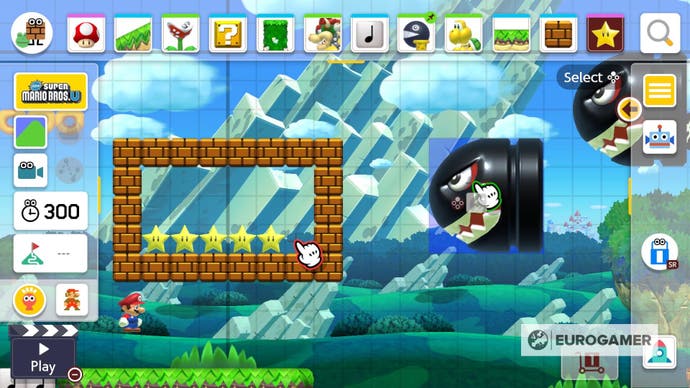
This was the opening for the Shoot-Em-Up Construction Kit. Sure, it wasn't about storytelling but it was about creating your own levels, creating enemy bullet patterns, changing the behaviour of enemies, and essentially setting yourself up for a spectacularly tricky bullet-hell experience. You could even export your games for others to play and yup, they did. Commodore 64 magazine, Zzap!, showcased many SEUCK (as it was affectionately referred to) games on its cover tapes.
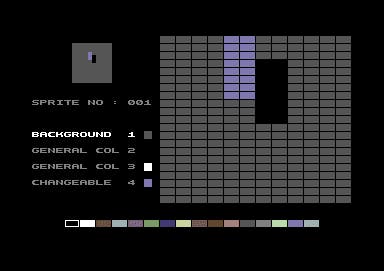
See, making a game doesn't have to be solely a matter of coding and staring at a screen of complex data. There's always been a wealth of fantastic game creation systems aimed at the more inexperienced and more casual market. Of those, one of the most fondly remembered was Klik & Play. Released in 1994, it was published by Europress - famous at the time for seemingly every educational game you probably ever played (if you were the right age, of course) - and the mag lived up to its name. Effectively, you could click and place various elements of a game together, creating 'exactly' the experience you wanted. OK, it was more limited than conventional coding and in hindsight, it was actually very buggy, but it was a portal into a world that so many of us dreamed of but didn't know how to achieve.
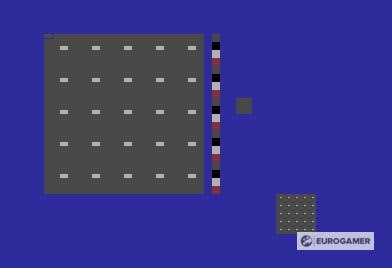
To really consider its importance, though, you need to put it into context. Options were limited and programming seemed unwieldy for most. Klik & Play made it far more accessible for younger users. It also came bundled with a selection of ready-made games. They were more demos, suggesting what could be achieved rather than full games, but it was perfect for sparking one's imagination. There was a racing game, some card games, a simple platformer, a take on the classic game of Reversi, and so on. This was during the Windows 3.11 era so games weren't exactly how they are now. Instead, simple fun was key here and Klik & Play offered oodles of it.
Being able to drag and drop what you were creating opened up a world of imagination. Suddenly, making a game seemed far more accessible than ever before. I have no idea how many people it inspired to go into game creation for real, but I'm going to take a shot and reckon it was the first step for many creative types further down the line.
Such a trend has continued to both grow in strength and evolve. Remember Blitz BASIC? Aimed at the beginner programmer, it taught users simple BASIC commands that actually made sense, rather than feeling like overly complex equations. It wasn't quite drag and drop, but it made things far more logical than loading up a C++ compiler.
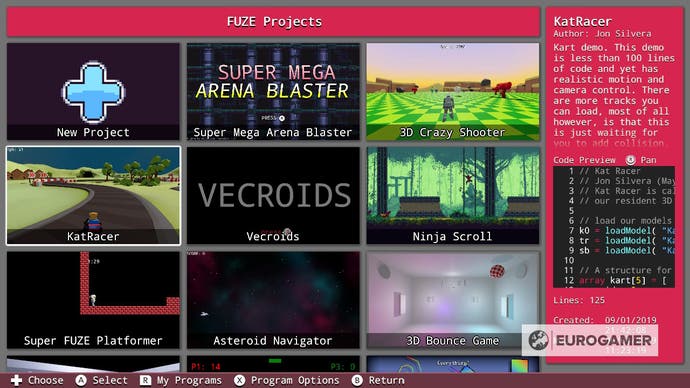
Even now, there's the likes of FUZE4 for the Nintendo Switch. Through it, you can play a few simple games to see what's possible, then tweak the code yourself. It's just as intuitive as something like Blitz BASIC but it's portable, so no longer do you need to take a notepad around with you like child-me did. Although, obviously, a USB keyboard would be a massive help rather than typing with Joy-Cons. In all these cases, there are extensive support networks out there with FUZE4 in particular seeming to offer a near never-ending supply of tutorials and explanations. All while you learn just what, exactly, makes a game tick.
The presence of RPG Maker has been a big success, too. RPGs look intimidating to make, don't they? The RPG Maker series made the concept a whole lot more straightforward, although if you expect to see great results, you're going to have to devote hundreds of hours of time to it (kind of like playing an RPG, really). Still, it's a fascinating process and it's a game engine that many established developers have utilised, being responsible for the likes of Corpse Party and To The Moon.
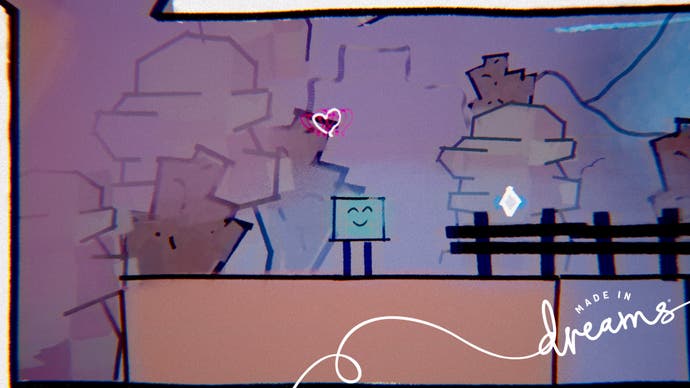
Don't want to get anywhere close to coding, or dipping into the complexities of a game engine? Ever considered that when you're playing Super Mario Maker or LittleBigPlanet, that you're making a game? You sort of are. It's a trend that seems like it's going to grow even more with the eventual full release of Dreams for the PlayStation 4. All these games have a focus on creating and sharing, while also feeling more like a game than effort. All the while, they're teaching us some valuable lessons about game mechanics and how to get the difficulty curve just right, without being punishingly painful.
Have all these game making tools led to everyone who used them becoming game designers? Well, no. It's like how many of us play sports as children but that doesn't mean it's what we do for a living. However, it gives us a tiny insight into what's involved. Perhaps it helps us respect the industry and the effort required just a teensy bit more. And, of course, it's a lot of fun. Seeing your own creation work out is satisfying whether it's a rudimentary shoot-em-up on a Commodore 64 or an RPG you've spent thousands of hours working on through RPG Maker. And maybe, with a bit of luck, such tools might lead to greater success for the very talented few.
